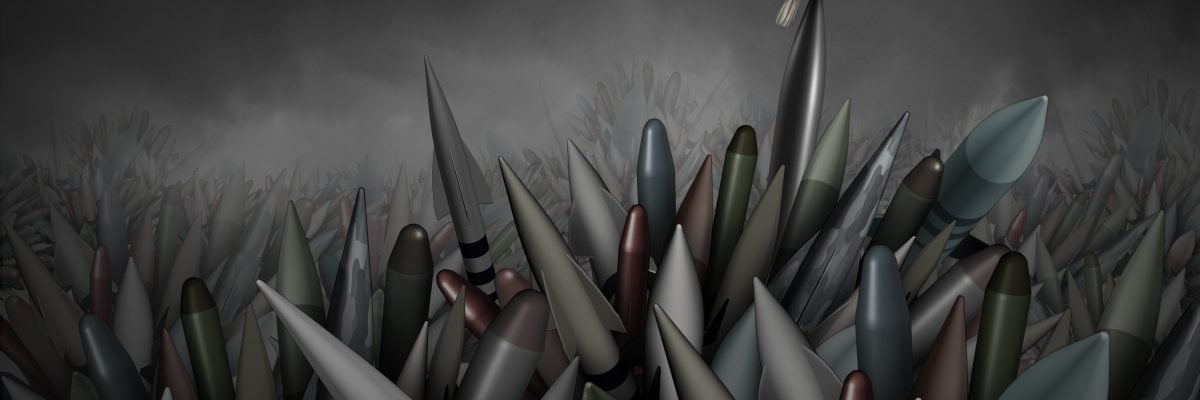
The assumption that religion is at the root of most of the major conflicts in human history seems to be ingrained in our society. But is this assumption correct? How can a Christian respond to it?
What are most wars fought over?
My friend and colleague Jimmy Akin explains this best:
Religion is a powerful motivator, and thus is often invoked in wartime, but the real reasons most wars have been fought have nothing to do with it. Instead, they have to do with political control—either allowing certain political leaders to gain or remain in power (e.g., who is the rightful heir to the throne) or they have to do with gaining political control of resources (e.g., land, money, food supplies, transportation and trade routes) or they have to do with a particular leader’s ambitions (i.e., being remembered as a great man, or not being remembered as a weak man). When leaders aren’t being totally naked about those things, they dress them up with national pride or religion, but ultimately they are not at the root.
Think of the modern wars you learned about in school. The American Revolution, World War I, World War II, Vietnam, Korea; none of these wars was fought for religious reasons. In fact, the bloodiest and most deadly wars of recent history were demonstrably motivated by something other than religion: out of whack nationalism (WWI), antireligious fascism (WWII), and atheistic Communism (Korea, Vietnam, the atrocities of Stalin and Mao).
Some commentators claim that religion as a reason for war has decreased due to the increasing secularization of Western society. This is also false. As Rabbi Alan Lurie explains:
The wars of the ancient world were rarely, if ever, based on religion. These wars were for territorial conquest, to control borders, secure trade routes, or respond to an internal challenge to political authority. In fact, the ancient conquerors, whether Egyptian, Babylonian, Persian, Greek, or Roman, openly welcomed the religious beliefs of those they conquered, and often added the new gods to their own pantheon.
Medieval and Renaissance wars were also typically about control and wealth as city-states vied for power, often with the support, but rarely instigation, of the Church. And the Mongol Asian rampage, which is thought to have killed nearly 30 million people, had no religious component whatsoever.
What about the charge of genocide?
Many of the skeptics I have encountered will respond to my argument by pointing to places like Rwanda, where Catholic clergy have been accused of fostering tribal tensions between the Tutsis and Hutus that led to the Rwandan Genocide. Like many other conflicts of this sort, however, the genocide in Rwanda was ethnically motivated. These tensions had existed for quite a long time, but they had little to do with religion.
The clergy members who did participate in the violence acted without the permission of the Church. It can also be pointed out that a number of the clergy gave their lives to protect the Tutsis. Either way, the Church did not sanction genocide.
If you are confronted with a particular conflict where religion is claimed to be the cause, do yourself a favor and research it. More often than not, you will find that something other than religion was behind it.



